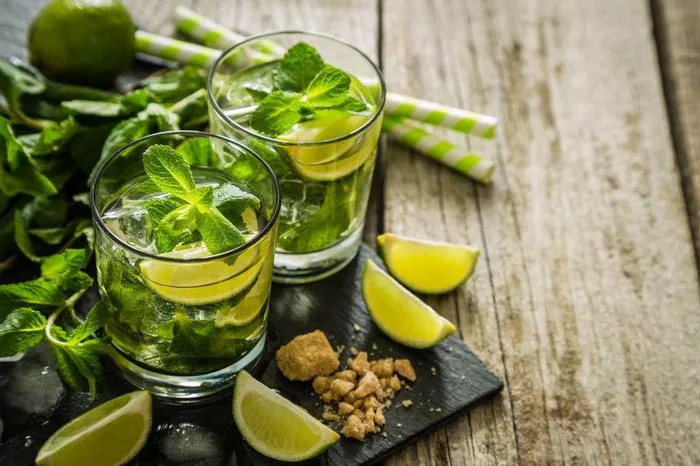A can of fruit cocktail, with its tantalizing blend of colorful fruits, is a staple in pantries around the world. Whether enjoyed on its own or used as a versatile ingredient in various dishes, this canned delight has won the hearts of many. In this article, we’re going to take a closer look at what you can expect to find inside a can of fruit cocktail, exploring the types of fruits typically included, the syrup or juice that surrounds them, different variations, and some creative uses for this kitchen essential.
The Fruity Medley: Types of Fruits
At the heart of any can of fruit cocktail is, of course, the fruits themselves. The fruits chosen for these cans are typically selected for their ability to complement each other in terms of flavor and texture. While the exact fruit combination may vary by brand, here are some of the fruits you can commonly find:
Peaches: Slices of ripe, sweet peaches are a common addition, adding a juicy and slightly tart element to the mix.
Pears: Pear slices, often firm and tender, contribute a subtle sweetness and a distinct texture.
Pineapples: Pineapple chunks or rings bring a tropical zing with their sweet and tangy flavor.
Grapes: Seedless grapes, usually red or green, provide a burst of juicy freshness.
Cherries: Maraschino cherries, with their bright red hue and sweet, almond-like flavor, are a classic garnish.
Other Variations: Some fruit cocktail mixes may also include fruits like grapes, papaya, or mango for added variety.
Syrup or Juice: Sweet Nectar
The fruits in a can of fruit cocktail are suspended in a syrup or juice that not only preserves them but also enhances their sweetness. The syrup or juice is typically made with a combination of water and sugar, often with added flavors for a touch of complexity. Some variations you might encounter include:
Heavy Syrup: This version contains a thicker, sweeter syrup that clings to the fruits, creating a luscious coating.
Light Syrup: Light syrup is less dense and sweet, allowing the natural flavors of the fruits to shine through.
Fruit Juice: In some cases, fruit cocktail may be packed in its own juices, which can be more refreshing and less sweet compared to syrup.
Exploring Variations: From Classic to Tropical
While the classic fruit cocktail mix is a pantry staple, there are several variations available to cater to different tastes and dietary preferences. Here are a few notable ones:
No Sugar Added: For those watching their sugar intake, there are “no sugar added” options that use artificial sweeteners or rely solely on the natural sugars from the fruits.
Tropical Fruit Cocktail: This variation often includes exotic fruits like mango, guava, or passion fruit, adding a distinct tropical twist to the mix.
Organic: Some brands offer organic fruit cocktail options made with fruits that are grown without synthetic pesticides or fertilizers.
Versatility in the Kitchen
A can of fruit cocktail is not just for snacking; it’s a versatile ingredient that can be used in various culinary creations. Here are some delicious ways to incorporate it into your recipes:
Fruit Salad: Create a simple and refreshing fruit salad by mixing the canned fruit cocktail with fresh berries and a drizzle of honey.
Dessert Toppings: Use the fruits and syrup as a topping for ice cream, yogurt, or pancakes.
Cocktail Mixer: Add a few spoonfuls of fruit cocktail to your favorite cocktails or mocktails for an extra burst of flavor.
Baking: Incorporate fruit cocktail into baked goods like muffins, tarts, or fruit-filled pastries.
In conclusion, a can of fruit cocktail is more than just a convenient pantry item; it’s a versatile ingredient that can add a burst of fruity goodness to a wide range of dishes. Whether you enjoy it straight from the can or use it as a culinary canvas for your creations, one thing is certain: a can of fruit cocktail is a delightful addition to any kitchen.


